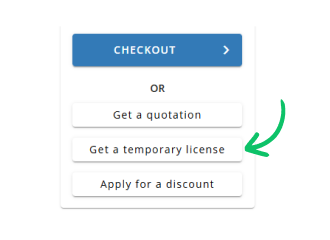GroupDocs.Watermark for Python via .NET: A powerful Python library that lets you add watermarks to your documents with ease.
- Main Class: Watermarker. Start by creating a Watermarker object. Give it your Webp file, either as a file path or a stream, to get started.
- Build Your Watermark. Next, make a Watermark object of the type you want. You can place it on any page or even in document elements like images or headers.
- Adjust the Look. Set up the watermark’s size, position, font, and color to match your needs.
- Add and Save. Use the Watermarker method to insert your watermark. Add as many as you want, then save the file wherever you like.



